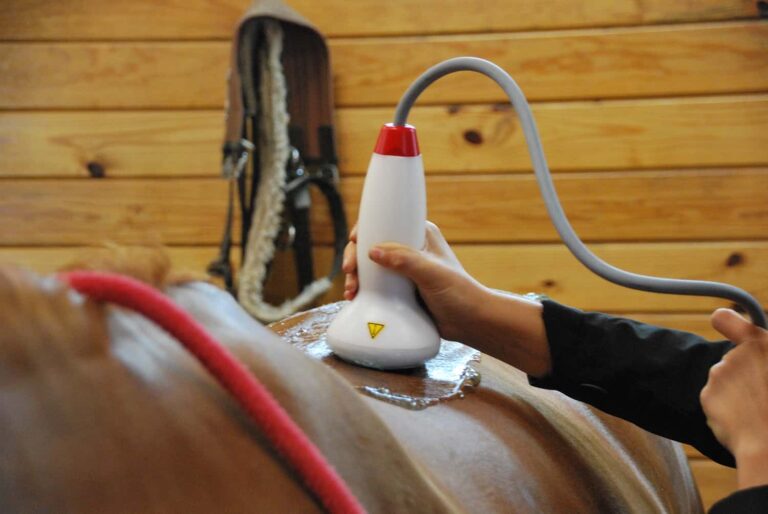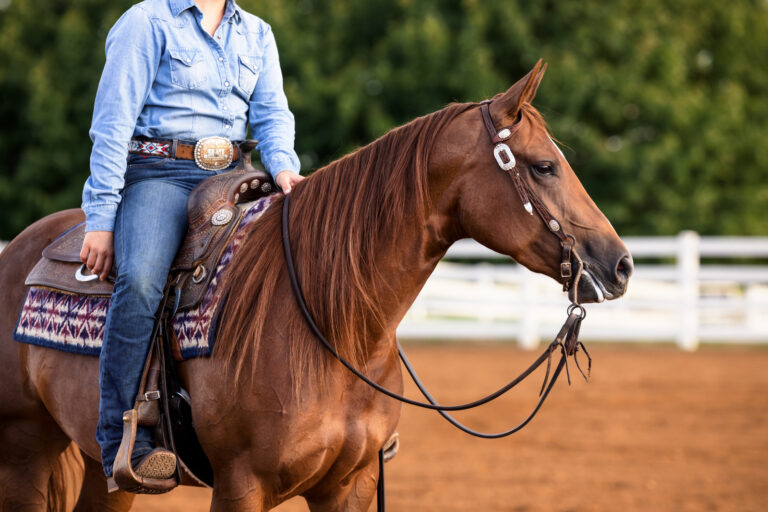
As wildfires rage across Southern California, and with an increasing number of wildfires occurring throughout the United States and Canada every year, many equine practitioners need to care for horses that have been adversely affected by smoke. For this reason, the University of California’s Veterinary Medicine department has developed guidelines to help affected horses (go to vetmed.ucdavis.edu).
While the particular compounds in smoke vary depending on the fuel burned, particulates within the smoke contain a mixture of liquid droplets with solid particles usually less than one micron in diameter. These minute particles can be inhaled deep into airways. The result is significant aggravation of the airways, particularly in horses already suffering from some form of equine respiratory condition. Even horses without previous airway inflammation can develop persistent cough, nasal discharge, wheezing, and difficulty breathing. There are also adverse effects on the mucociliary apparatus within the airways and lungs that is essential in removing foreign particles, such as pollen and bacteria. In addition, inflammation interferes with other arms of the respiratory immune system.
The UC Davis School of Veterinary Medicine recommends these practical strategies to protect horses from air pollution during wildfires:
- Limit exercise in times of smoke.
- Provide ample water positioned close to eating areas, as sufficient hydration moistens the airways and assists in clearance of inhaled particles.
- Feed dust-free hay and/or soak hay before feeding to cut down on inhaled dust, molds, fungi, pollen, and bacteria.
- Administer bronchodilator drugs to airway-compromised horses. Nebulized medications assist in removal of inhaled particulates.
- Other veterinarian-administered treatments might include: IV fluids +/- DMSO, flunixin, Vitamin E as an anti-oxidant, Vitamin C, pentoxifylline, and oxygen. Antibiotics might be necessary to combat pneumonia. A single dose of corticosteroid might be needed to decrease upper airway edema.
- Advise clients to allow sufficient healing time of their horses’ airways following smoke exposure—this usually requires four to six weeks for complete healing. Horses should be given at least two weeks of rest once all smoke is eliminated from the environment.
- Air quality index (AQI) measurements can assist in determining when it is safe to exercise horses in outdoor venues. For humans, an AQI greater than 100 should preclude outdoor activity. At higher AQI levels, people and horses should be carefully monitored.
Related Reading
- Equine and Livestock Evacuation Kit Essentials
- Impacts of Wildfire Smoke Exposure on Horses’ Lower Airways
- Disease Du Jour: Equine Disasters
Stay in the know! Sign up for EquiManagement’s FREE weekly newsletters to get the latest equine research, disease alerts, and vet practice updates delivered straight to your inbox.




